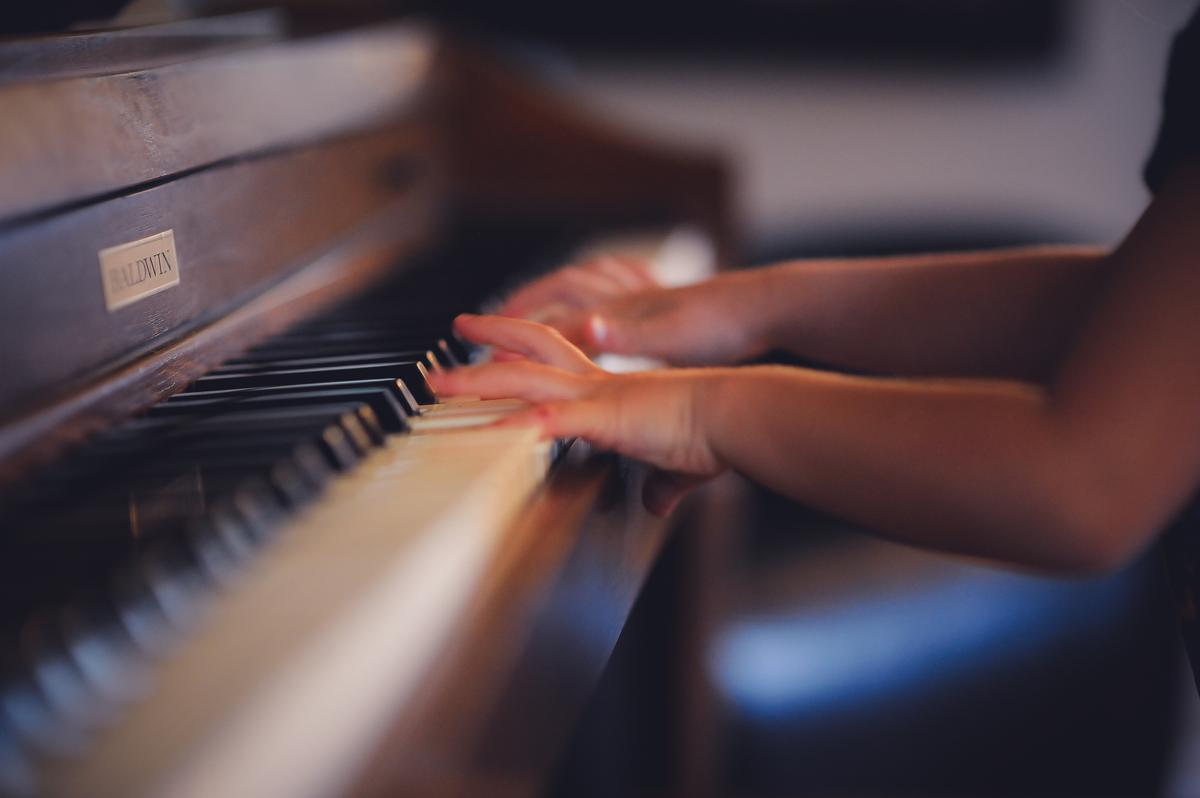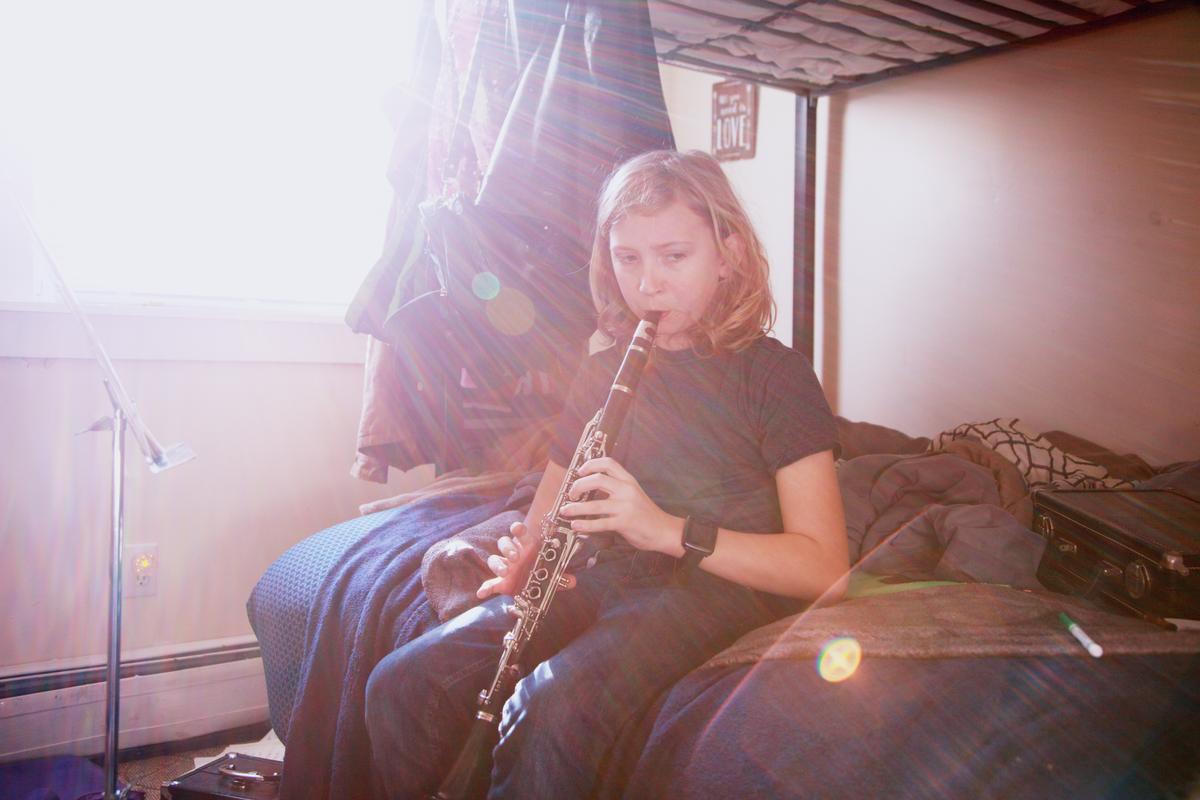Supporting Children with Music Practice
Playing a musical instrument is cognitively challenging, which is why it is so good for the brain.
- Practice is essential for making progress on an instrument.
- Practice = fun. Children generally don’t have fun playing an instrument if they have not practiced; in fact, this can lead to children being overwhelmed or despondent about playing.
- Students must create a good practice habit every day – like brushing their teeth!
- Parents need to help children build a practice routine into their family schedule. Families are busy, so help children find a time that works for everyone. For example, tie practice to another routine activity that works for the family, e.g. after I wake up; before/after homework; whilst dinner is cooking; before brushing teeth etc.
- Ensure the instrument is easily accessible.
- Start with the habit of picking up the instrument to practice. Beginners should start at 5-10 minutes at a time, then lengthen this out once the habit is established. Tutors will advise on how much practice they should be doing.
- Encourage your child to maintain regular practice, even on the days they don’t feel like it! This helps them to overcome the ‘practice slump’ and establishes resilience.
- Playing a piece from start to finish once through is NOT practice! Consult the music diary to see what your child’s music tutor has advised they should be practicing.
- Have a goal for each lesson. For example, 'practice the tricky section in this piece 3 times really slowly until I can play it without stopping'. Next day, repeat the same activity but faster.
- Practice a piece that will be videoed for a grandparent or friend or ask the tutor for a performance opportunity at school or in a studio concert. For older children, performance practice can be a huge incentive for perfecting pieces.
- Younger children will benefit greatly from a parent that takes an interest in what they are playing. Parents don’t need to be musicians to support their child with instrumental practice, just a cheerleader! Encourage children to be the teacher – get them to teach someone else in the family to play a simple song.
- Keep in contact with your child’s tutor to check on their progress. Regular and efficient practice ensures that the tutor can get the most out of the lesson and continue to stretch and challenge your child.
Here’s a short video with a few more useful tips for supporting children with their musical endeavours.
https://youtu.be/3mggg5Z4Kik
Contacts
Information pertaining to our co-curricular groups is regularly posted on the JS Performing Arts HUB. Please make yourself familiar with this page to stay up to date with important information.
Should you have any queries regarding our ensembles or instrumental tuition please contact us:




